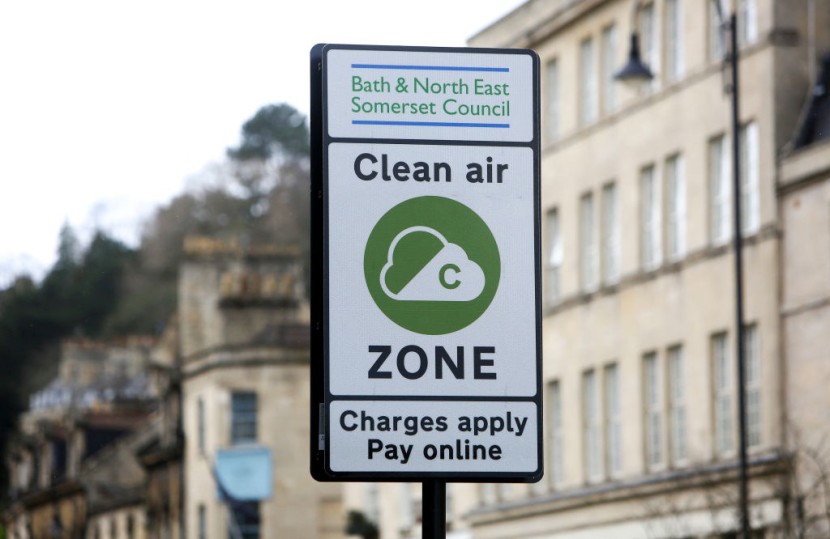The network of cameras set up on London's highways that will start charging drivers of the dirtiest cars 12.50 pounds ($16) per day to drive is set to grow next month, and not everyone is thrilled about it.
If Mayor Sadiq Khan's plan is implemented, London's Ultra Low Emission Zone (ULEZ) will expand to include 5 million more residents in the capital's greener and less connected outer boroughs, making it one of the world's largest ULEZs to combat air pollution, according to Reuters.
His plan, which is similar to hundreds of others implemented in congested cities throughout Europe, will be put to the test in court on Tuesday when local governments oppose the extension, claiming due process was not followed, particularly in the manner in which discussions were conducted.
Read also: Furious Driver Hurls Milk Over 'Just Stop Oil' Protesters for Blocking Road in London
A Dispute
The mayor and health advocates, who point to the environmental success of the original ULEZ limitations, are pitted against those who claim they can't accept another economic hit at a time of skyrocketing living costs in a heated debate that has erupted across the city over the expansion.

Only one in ten automobiles outside London, according to the London transport authority, are ULEZ compliant. However, it has been hotly debated, much as the facts around the expansion, with some claiming that the actual number may be higher.
The London dispute, which can be boiled down to a conflict between the economy and the environment, reflects the difficulties that policymakers face globally as the window of opportunity to prevent a catastrophic rise in global temperatures is quickly closing.
After objections from citizen organizations, the mayor of Rome last month postponed plans to impose stricter restrictions on polluting automobiles.
He cited studies demonstrating that the 2019 implementation of the ULEZ resulted in nitrogen dioxide levels in central London dropping by almost half and that the review had overall supported an expansion. Critics contest the evaluation's result.
Irritated callers are lighting up the switchboards on the capital's radio phone-ins less than a year out from a mayoral race. The ULEZ enforcement cameras in the public realm have been vandalized. Disruptive protests have been threatened by other opponents.
According to a YouGov poll conducted last year, 43 percent of Londoners supported the proposed extension while 8 percent advocated delaying it. 27 percent of people were against it, with the remaining people being split.
Khan, who is seeking reelection to a third four-year term as mayor of London, admits the need for assistance, citing a 110 million scrappage program that will reduce the price of a modern vehicle by 2,000 pounds and a list of exemptions that includes those for individuals with disabilities.
Related article: Climate Change Denial: Scientists are Urging Museums to 'Cut All Ties' with the Koch Brothers
© 2026 HNGN, All rights reserved. Do not reproduce without permission.








